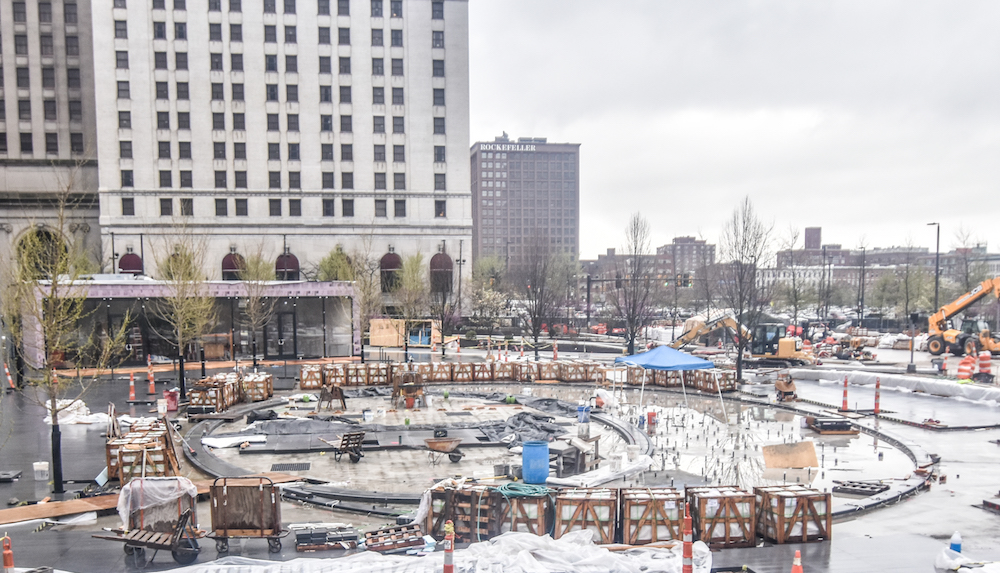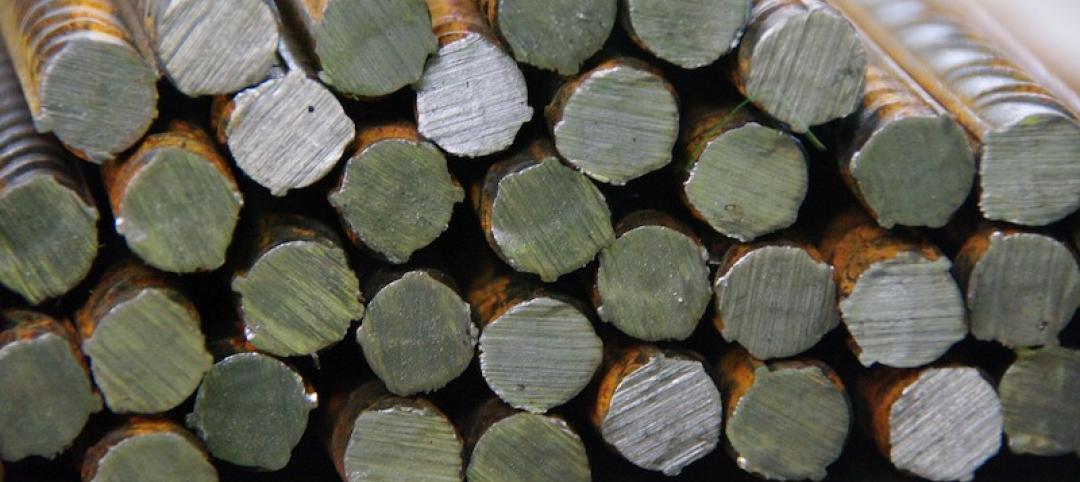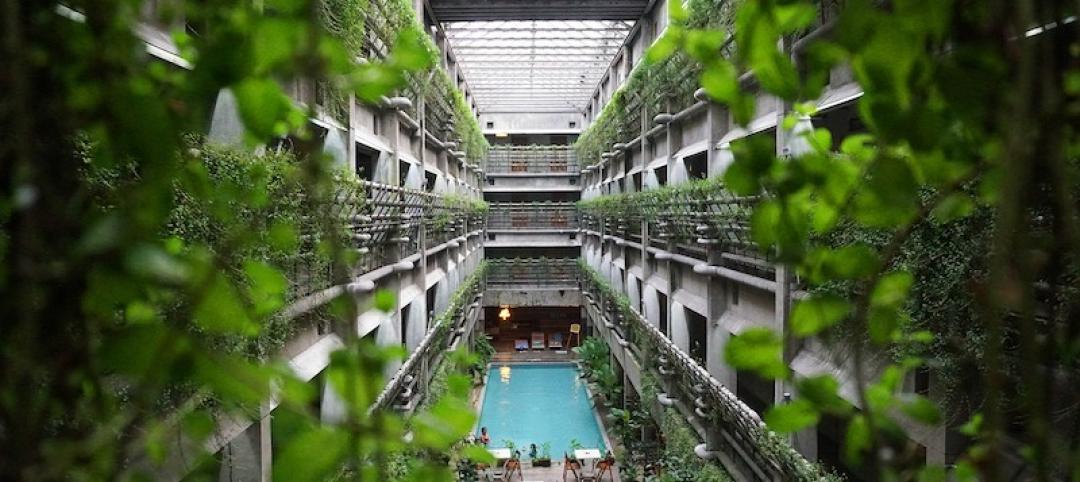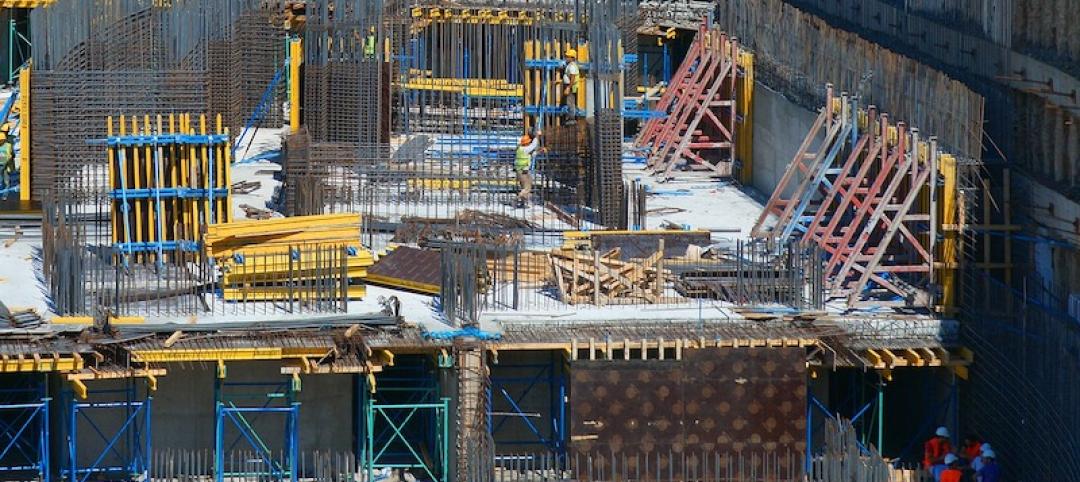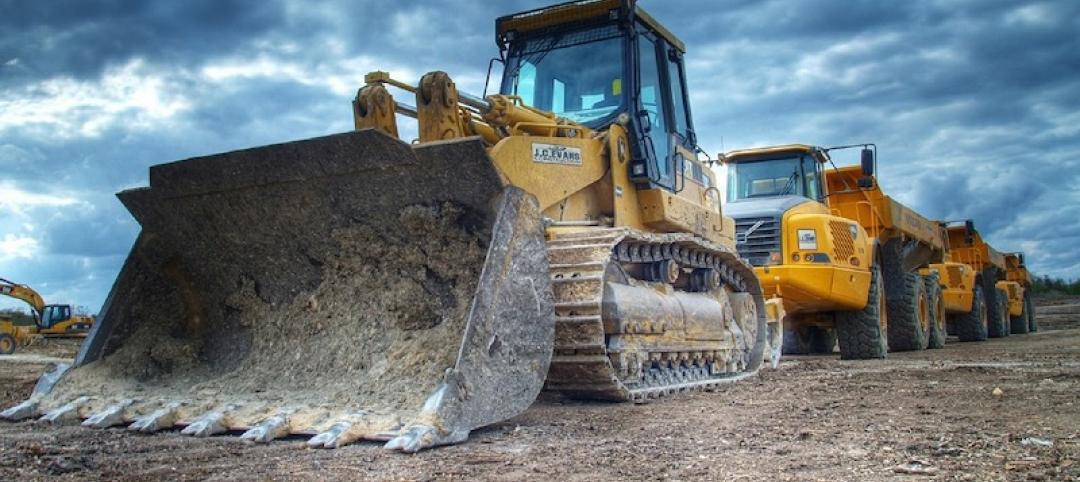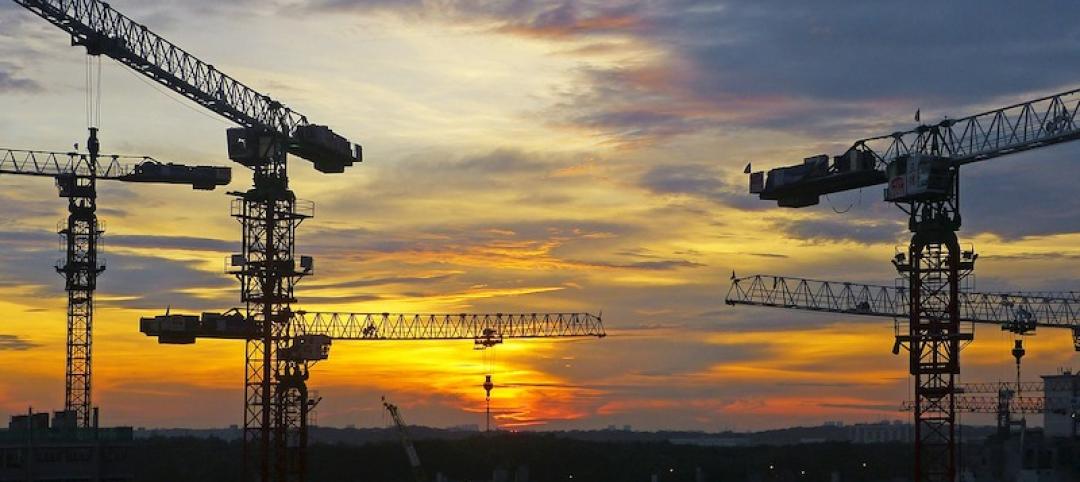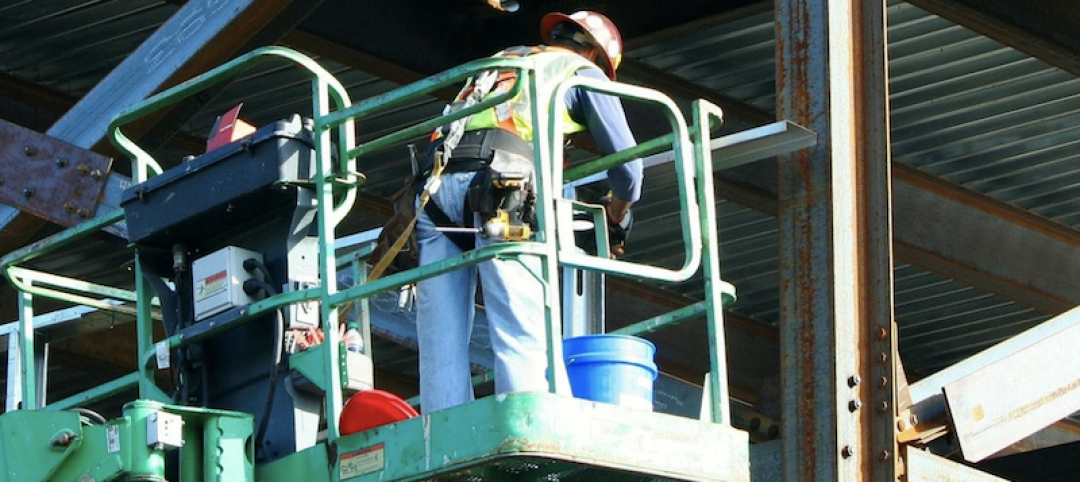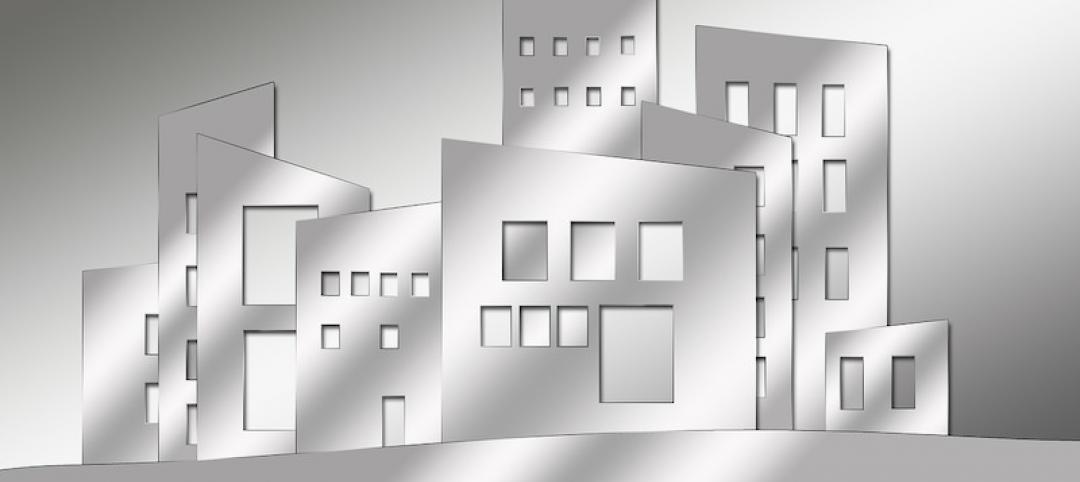Nonresidential construction spending fell 2.1% in April according to analysis of U.S. Census Bureau data released by Associated Builders and Contractors (ABC). Nonresidential spending totaled $688.2 billion on a seasonally adjusted, annualized rate.
Much like last month, the sting of a disappointing headline number was mitigated by upward revisions to the previous two months of data. March's estimate was revised from $695.7 billion to $702.6 billion, while February's estimate saw a 0.1% increase. March represents the first month in which spending exceeded $700 billion since March 2009.
"Nonresidential construction spending growth continues to struggle to maintain momentum," said ABC Chief Economist Anirban Basu. "The amount of nonresidential construction value put in place has expanded by just 2.5% over the past year, with private spending up 3.4% and public spending up just 1.4%. While many will primarily attribute this to a sluggish U.S. economy, one that has expanded by less than 1.5% during each of the last two completed calendar quarters, there are other factors at work.
"Lower materials prices are embodied in the value of completed work," said Basu. "Though commodity prices have been firming recently, commodity prices had been in decline for more than a year. Moreover, in some communities, nonresidential construction is facing severe constraints given an insufficient number of qualified workers. Both factors would tend to constrain the level of observed growth in nonresidential construction spending.
"There may also be growing skittishness among private developers, who have become increasingly concerned by possible overbuilding in commercial, office and lodging markets," warned Basu. "Both lodging and commercial construction spending dipped in April. This hesitancy is reflected in many ways, including in the Architectural Billings Index, which has struggled to consistently stand meaningfully above its threshold value of 50. Public spending also remains lackluster as many states deal with underfunded pensions and ballooning Medicaid costs."
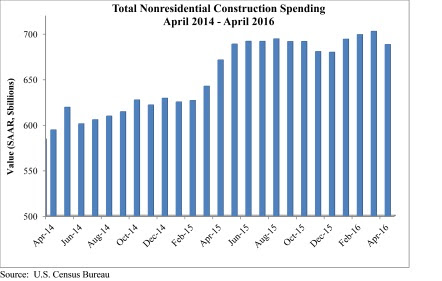
Only five of 16 nonresidential construction sectors experienced spending increases in April on a monthly basis:
- Religious-related spending expanded 9.6% from March 2016 and 7.3% from April 2015.
- Spending in the public safety category grew 5.2% on a monthly basis but fell 6.2% on a yearly basis.
- Office-related spending expanded 1.6% for the month and 20.3% for the year.
- Amusement and recreation-related spending expanded 0.8% month-over-month and 8.3% year-over-year.
- Spending in the power category rose by 0.3% for the month and 0.6% from April 2015.
Spending in 11 of the nonresidential construction subsectors fell in April on a monthly basis:
- Spending in the communication category fell 7.7% from March 2016 and is down 16.4% from April 2015.
- Highway and street-related spending fell 6.5% on a monthly basis but is up 4% on a yearly basis.
- Commercial-related spending dipped 3.7% for the month but is up 6.8% from April 2015.
- Spending in the health care category fell 3% from March 2016 and is down 0.6% from the same month one year ago.
- Educational-related spending dropped 2.4% month-over-month but is up 5.4% year-over-year.
- Spending in the lodging category fell 2% on a monthly basis but is up 24.6% on a yearly basis.
- Transportation-related spending fell 1.7% since March 2016 and is down 1% from April 2015.
- Sewage and waste disposal-related spending fell 1.4% for the month but is up 1% from April 2015.
- Manufacturing-related spending fell 1.4% month-over-month and 9.8% year-over-year.
- Spending in the conservation and development category dipped 1.2% for the month and 6.5% year-over-year.
- Water supply-related spending fell 0.5% on a monthly basis and 6.5% on a yearly basis.
Related Stories
Market Data | Jun 16, 2021
Construction input prices rise 4.6% in May; softwood lumber prices up 154% from a year ago
Construction input prices are 24.3% higher than a year ago, while nonresidential construction input prices increased 23.9% over that span.
Market Data | Jun 16, 2021
Producer prices for construction materials and services jump 24% over 12 months
The 24.3% increase in prices for materials used in construction from May 2020 to last month was nearly twice as great as in any previous year
Market Data | Jun 15, 2021
ABC’s Construction Backlog inches higher in May
Materials and labor shortages suppress contractor confidence.
Market Data | Jun 11, 2021
The countries with the most green buildings
As the country that set up the LEED initiative, the US is a natural leader in constructing green buildings.
Market Data | Jun 7, 2021
Construction employment slips by 20,000 in May
Seasonally adjusted construction employment in May totaled 7,423,000.
Market Data | Jun 2, 2021
Construction employment in April lags pre-covid February 2020 level in 107 metro areas
Houston-The Woodlands-Sugar Land and Odessa, Texas have worst 14-month construction job losses.
Market Data | Jun 1, 2021
Nonresidential construction spending decreases 0.5% in April
Spending was down on a monthly basis in nine of 16 nonresidential subcategories.
Market Data | Jun 1, 2021
Nonresidential construction outlays drop in April to two-year low
Public and private work declines amid supply-chain woes, soaring costs.
Market Data | May 24, 2021
Construction employment in April remains below pre-pandemic peak in 36 states and D.C.
Texas and Louisiana have worst job losses since February 2020, while Utah and Idaho are the top gainers.
Market Data | May 19, 2021
Design activity strongly increases
Demand signals construction is recovering.


